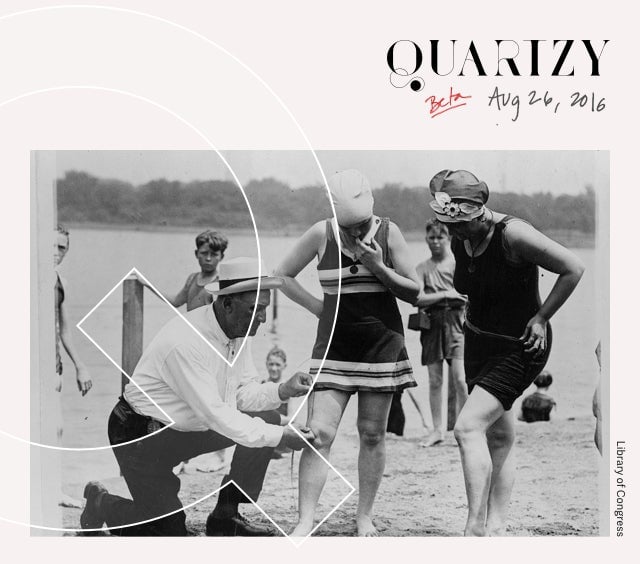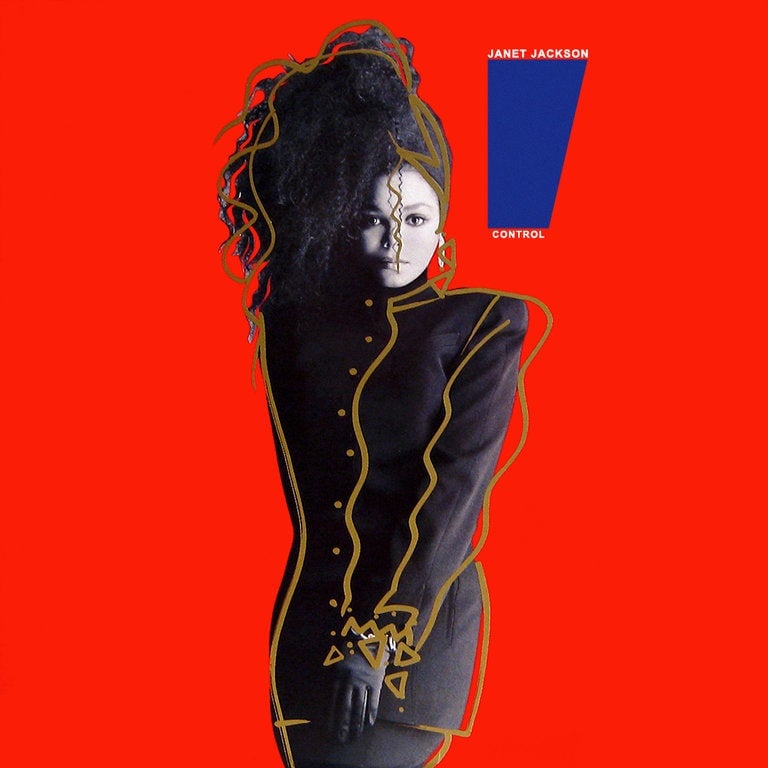Quartzy: the control edition
Happy Friday!

Happy Friday!
Maybe you came across Kristi Coulter’s essay about women, sexism, and drinking, which went viral this week. It’s a deeply personal piece about what drove Coulter to drink, and the observations she’s made since giving it up. She shines a harsh light on a culture where she sees drinks with the girls, AKA #wine, as a placating potion we too willingly swig.

While I don’t totally buy that, the essay is beautifully written, and I really liked reading it. But afterwards, I found myself resenting slightly the idea that enjoying a Sancerre or Saison makes me less of a feminist. I felt judged—and I wasn’t alone. The backlash was swift. Slate’s Nora Caplan-Bricker pointed out how the women Coulter uncharitably observed seemed to be sloshed lushes, incapable of moderation. Time’s Darlena Cunha wrote “it’s not the alcohol [women] need. It’s each other. Wine just often happens to be the code-word.” (True!)
I’m grateful Coulter shared her essay, even if I didn’t wholly agree with it. She captured a personal experience that made millions of people think and talk. Curious how the author was coping with all this attention, I visited her Twitter page Wednesday, and found her disavowing the more generalized judgment that some had ascribed to her.
“I do not claim to know the truth of all womankind,” she had written. “Just my own. And even that can be a little touch-and-go.”
Perhaps we could all stand to judge each other a little less harshly.

Cake and listening. Easier said than done, perhaps, but Danish schools have found a way to cultivate empathy—that all-important ability to emotionally connect and communicate without judgement—in kids. Once a week, writes Jenny Anderson, students gather for a special interval called Klassens Tid, when they talk through any issues unfolding at the individual or group level—and eat cake. Jenny provided the Danish recipe for Klassens Tid cake, which we haven’t tried, but Quartzy editor Indrani Sen once made me this chocolate cake—with beets!—which I would heartily welcome in a weekly session.

[quartzy-scanned]
Amidst the many gems in Amy Schumer’s new book, The Girl With the Lower Back Tattoo, is this list of how countries around the world translated the title of her movie, Trainwreck. It’s an interesting glimpse of how her portrayal of New York City party girl finding love played globally. Russia for the win!
Burkini madness. Going to the beach is a God-given right, regardless of which God you believe in. The “burkini” offers the head and body coverage that some Muslim women—and many others—need to feel comfortable at the beach.
But by enforcing an absurd, racist, and sexist law banning the burkini, French police in Cannes and Nice have told these women the sea and sand aren’t for them. Modestly dressed women have been fined, warned about their headscarves, and even forced to strip their layers at the beach.

As Annalisa Merelli wrote, the ban is another chapter in the very long story of men policing women’s bodies and clothing. Archival photos remind us of a time in the US when police dragged “inappropriately” clad women off the shores of Lake Michigan in Chicago, and California cops carried measuring tapes to make sure bathers didn’t expose too much thigh. The burkini ban is just as archaic and outlandish.
“This is a story about control.” The thirtieth anniversary of Janet Jackson’s Control inspired The New York Times’ Wesley Morris and Very Smart Brothas’ Panama Jackson to consider the artist’s legacy and both came to the same conclusion about her albums: They’re underrated.

Both critics chose “When I Think of You” as their favorite song on Control, with Morris suggesting it’s actually suggestive of the climax the singer experienced when she thought of you—a meaning that escaped me when I rocked out to it as a kindergartener. I forgot how much I loved this song, and, oh my God, the video! Just try to watch it without smiling.

I want to believe. Nothing is confirmed, but the superfans at the Beyhive predict Beyoncé will perform at the MTV Video Music Awards on Sunday. That makes perfect sense, as 2016 was the year of Lemonade, and Bey has more nominations than any artist. Other (confirmed) performers include Rihanna, Nicki Minaj, Future, and Britney Spears. Just like last year, it will be basically impossible to watch the VMAs without a cable subscription or login, so get thee to a friend’s house if you don’t have one!
If there is a safe space for judgey-ness, it’s on the couch watching the VMAs red carpet. Have a great weekend!
[quartzy-signature]


The Female Gaze, Part II: Women Look at Men, a group show including works by Alice Neel, Louise Bourgeois, Diane Arbus, Tracey Emin, and Jenny Holzer—with men as their subjects—closes at Cheim & Read in Manhattan on August 31. Because of summer hours, the gallery is just open Friday 10-4 and Tuesday-Thursday 10-6 (I want this job!), but this charming ArtNews interview in which curator John Cheim discusses manspreading, Amy Schumer, and “playful” feminism is available anytime, as are these images of the work on exhibit.